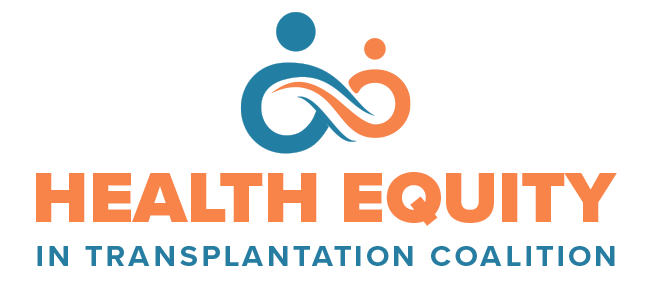New report published by AAKP exposes alarming Medicare paradox: CMS private contractor limits Medicare, as BlueCross BlueShield expands coverage for transplant patients
Black and Brown communities on Medicare hit hard by double standard, endure year-long Medicare coverage gap for critical transplant rejection test
Report raises concerns of conflicting and unequal coverage guidance on life-saving tests able to catch rejection months in advance
Washington, D.C. – February 11, 2024 -- Health Equity in Transplantation Coalition (HEiTC) Executive Chairman Al B. Sure! issued the following statement on the findings of a new report issued this week by the American Association of Kidney Patients (AAKP).
The report notes that Palmetto GBA, a private Medicare Administrative Contractor that runs the MolDX program under the Centers for Medicare and Medicaid Services, issued a controversial decision in March 2023 to scale back coverage on life-saving, non-invasive molecular blood tests. The tests are able to catch early signs of organ rejection months in advance. Yet incredibly, only months later, BlueCross BlueShield of South Carolina, which owns MolDX contractor Palmetto GBA, issued a favorable medical coverage decision that allows their BCBS South Carolina private insurance patients – but not Medicare patients – to have robust coverage and access to these transplant rejection tests. To read the full AAKP report, click here.
“HEiTC is alarmed by the findings of AAKP’s report, which highlights a clear divide and double standard between public healthcare and the private sector. We’re coming up on a year since MolDX carried out this decision for CMS. Their actions put the lives of thousands of transplant recipients at risk. These innocent patients rely on Medicare to help them along their daily, eternal journey toward recovery — only to see these important tests taken away. The private sector clearly signaled that maintaining transplant patient health is good for both people and business. This is a tale of two policies — CMS needs to recognize the double standard their contractor has created for Medicare patients, rectify the mistake, and redeem the agency’s reputation in the eyes of patients and communities.
HEiTC stands with the American Association of Kidney Patients, the Honor the Gift coalition, and our entire national transplant and chronic disease family in this ongoing fight. To date, patients and Congress have yet to hear a transparent and public explanation from CMS on why it allowed MolDX and Palmetto GBA to take this action especially when their parent company, BlueCross BlueShield maintained patient access to the same tests. The AAKP report only underscores why the entire transplant community and the U.S. Congress must hear a thorough, honest explanation from CMS — immediately.”
A bipartisan group of current and former lawmakers have urged an end to these cuts. In August, a bipartisan letter signed by 14 members of the House of Representatives, led by Reps. Anna Eschoo (D-CA) and Dr. Michael Burgess (R-TX), expressing concerns about the March rollbacks was sent to CMS. In October, Reps. Eshoo and Burgess wrote a follow-up letter further pressing for answers on why Medicare contractors rolled back coverage without public comment and through a billing article. Earlier this year, Congressional Black Caucus Chair Steven Horsford also raised this issue in a letter to CMS and the Department of Health and Human Services. The issue has gained national attention in Wall Street Journal editorials published on September 10, 22, and 26, calling out this decision and the need for further transparency.
Organ transplant care is critical for Black, Hispanic and Latino Americans, who together represent 40 percent of transplants in the U.S. — well above the 32 percent of the general U.S. population. With transplanted organs, each day is a fight against rejection. Half of all kidney transplants fail within 10 years and better innovation and better care is needed to help these patients. Compounding the issue is the massive organ shortage in the U.S. — a serious problem that disproportionally affects Black, Hispanic, and Latino Americans. An astounding 50 percent of those on the 100,000 person transplant waiting list are Black or Hispanic/Latino, making access to transplantation and equitable post-transplant care an important and growing issue in this community.
###
